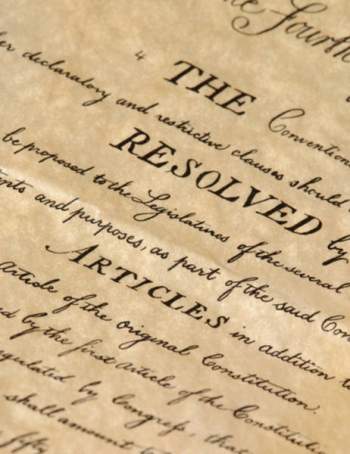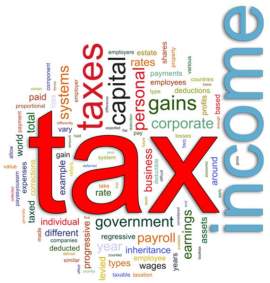
State Constitutions and Public Purpose Requirements

Each state in the United States has its own state constitution which operates under the federal constitution. The public-purpose doctrine is a provision that is present in almost all of the state constitutions. This doctrine's main purpose is to put certain restrictions on how the government spends the public's tax dollars.
It prohibits the use of public monies from being used for anything but public purposes. It is intended to limit the government from paying taxpayer money to private corporations for some other gain. However, while the doctrine is meant to protect public monies, it is not entirely clear, and it has sparked controversy about what is considered to be "public purposes".
There are several landmark court cases that shaped the meaning of the public-purpose doctrine. In Sharpless v. Mayor of Philadelphia (1853), the dispute centered around the city of Philadelphia using taxpayer money to purchase stock in railroad companies. The court ruled in favor of the city because it determined that the railroads provided a "public service" of transportation, and was therefore benefiting the public.
Bay City v. The State Treasurer, 1871, overruled this judgment declaring it unconstitutional to give taxpayer money to the railroads because it is considered paying public money to a private corporation. In Loan Association v. Topeka, 1874, the city government was providing bonds to a business in order to encourage that business to locate itself in the city of Topeka. The government argued that this would in turn bring more jobs and income to the city. The court also ruled in favor of the public-purpose doctrine in this case declaring the city government's actions unconstitutional because the investment was not for a public purpose.
The public-purpose requirement is meant to restrict the government's use of taxpayer money from profiting private enterprises and reserving the use of this money only to properly serve the public. However, because the definition of this doctrine can be so widely interpreted, it is difficult to determine whether an investment actually functions to serve the public or not. The danger in this lack of specificity is that the government may use this to their advantage. For example, a city government may provide funds to a private hospital and justify the expenditure by claiming it will provide additional jobs to the public, but this is still considered providing public monies to a private company. This can be seen in subsequent court cases where the rulings have allowed the government to fund private enterprises.
In 1980 an Oregon city was accused of using income from taxpayers to promote private industries when it constructed a parking garage and provided free advertising to local businesses. However, the court ruled in Jarvill v. City of Eugene, that the city was benefiting its economy and therefore providing a public service.
The ruling of the 1984 Bowling v. Brown case further compromised the effectiveness of the public-purpose doctrine by declaring it legal to provide public money to a private organization, as long as it somehow benefited the public. Although the early cases were specific as to prohibiting the use of taxes for this private gain, many later cases have allowed this to happen making the public-purpose doctrine less effective.
NEXT: Uniformity and Equal Protection Clauses in the US




















